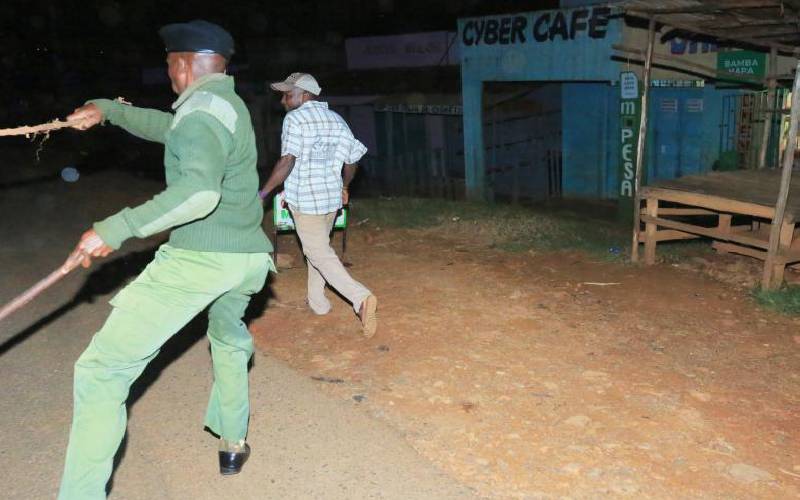×
The Standard e-Paper
Join Thousands Daily

Even my six-year-old daughter knows that it’s probably a bad idea to unleash a swarm of police officers on Kenyans who are already traumatised, not just by the Covid-19 pandemic, but by life in general.